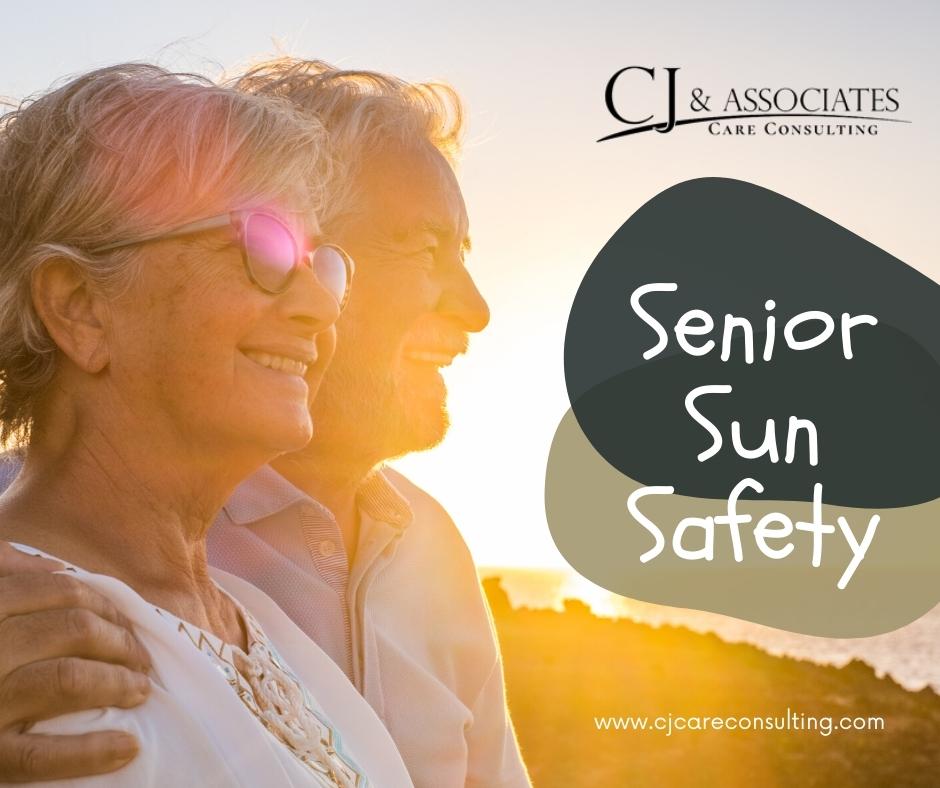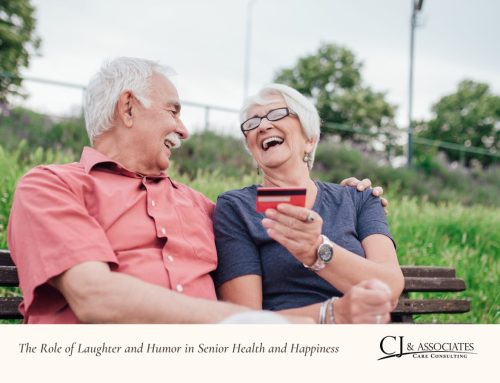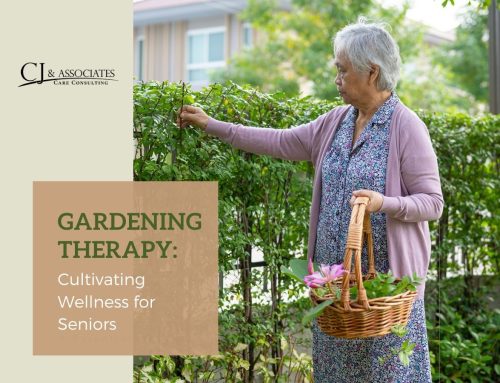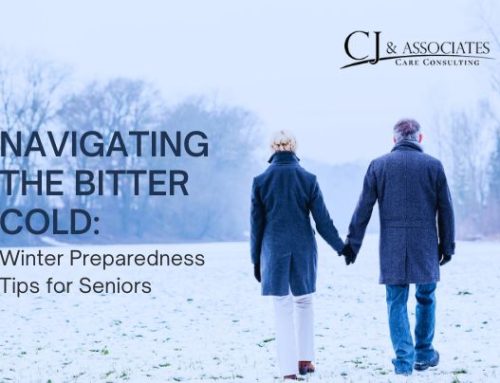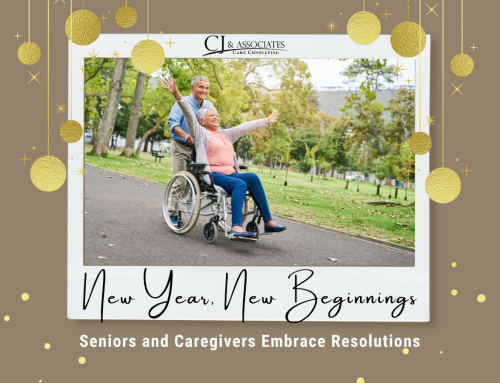In retirement, many seniors head to sunny places, seeking out warm climates in which to enjoy their later years. More sun might mean nicer weather and more outdoor recreation opportunities, but if you’re not careful, it can also mean more health concerns. Sun safety is important at every age, but especially for seniors. As you age, your skin thins out, losing fat and water content which means less protection from damaging UV light. Aging also comes with weakened immune systems, less ability to repair affected DNA, and a longer history of sun exposure. Though sun damage particularly affects those with fair skin and light hair or eyes, anyone can be negatively affected by too much direct sun exposure.
According to the CDC, people over 65 make up the majority of over 5 million cases of skin cancer each year. Overexposure to UV rays over a lifetime of sunburns and even suntans can damage your skin’s DNA and tissues, with each exposure leading to a higher chance of your body developing a dangerous melanoma.
While skin cancer is a major concern with sun exposure, there are other issues to be aware of too. Heatstroke, sunburns, dehydration, eye damage, and even a condition called sun poisoning are only some of the negative effects of extensive time spent in direct sunlight.
In order to protect yourself from the sun, remember these tips for sun safety.
- Wear Sunscreen: Any time you are going to be in the sun, put sunscreen on any parts of your body which will be exposed. You want at least an SPF of 15 or preferably higher, and should reapply every few hours or after being in water or sweating.
- Cover Up: Wearing loose-fitting, comfortable clothing over as much skin as possible provides an additional layer of protection from the sun. Add a hat and sunglasses
- Stay Hydrated: Make sure you are sipping on water and eating foods with high water content like fruit. Avoid consuming too much caffeine or alcohol which can act as a diuretic, increasing your risk of dehydration.
- Spend Prime Time Indoors: The sun is strongest between 10am and 4pm. If possible, limit your time outside during those hours and take extra precautions if you are in the sun during those hours.
- Keep Cool: No matter where you are, pay attention to how hot you feel and adjust accordingly. If you are outside try to spend more time in covered and shaded areas. When indoors, pay attention to the temperature and use your AC, fan, or other cooling methods if you are feeling overheated.
If you are concerned about the impact of sun exposure on your skin or body, talk to a dermatologist or doctor who can perform a total body exam to catch issues early and support you in preventing further damage from the sun.
The care consultants at CJ & Associates Care Consulting will also work to ensure you or your loved one stays healthy. Contact us today for more information.

